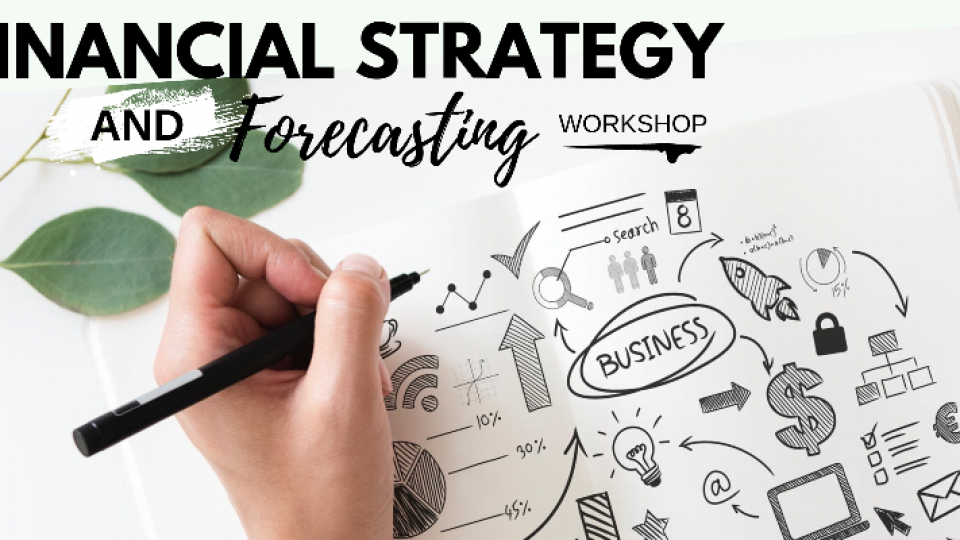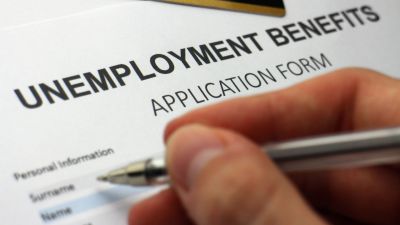A debt collector can be a person or company that collects debts owed to creditors when the debts are past due. These debt collectors can be collection agencies, lawyers, and companies that buy delinquent debts and then try to collect them. The FDCPA (Fair Debt Collection Practices Act strictly prohibits debt collectors from using unfair, abusive, or deceptive practices to collect from the borrower.
When does a debt go to collections?
A creditor typically sends a delinquent account to collections when it is at least 60 days past due. Some creditors will try to collect the delienquent account on their own, but when they feel they are not getting the results they are looking for they will hire a debt collector or sell the debt to to a Debt Buyer.
What is a Debt Buyer?
A Debt Buyer is a company that purchases groups of debt from a creditor that is anywhere from 60 days in arrears to the time limit stated in the Statue of Limitations for the state the debt was incurred. Debt Buyers purchase groups of delinquent debt from a creditor for pennies on the dollar. For example if a creditor has 10 deliquent accounts they don’t want to chase that total $20,000, they may sell these accounts for $0.03 on the dollar. The debt buyer would pay the creditor $600. The money they collect is theirs as they have already paid the original creditor. The more they collect, the more they earn.
How much does a Debt Collection company earn?
An independent debt collector or debt collection company earns 25% – 45% of the amount collected. Different types of debt would pre-determine the percentage earned. Again, the more they collect – the more they earn.
What is the Statue of Limitations?
The Statue of Limitations is a law that sets the time limit that a creditor can take legal action against the borrower. Each state and jurisdiction sets it’s own time limits so you need to know what the Statue of Limitations is in your state. The majority of states and jurisdications have a time limit of 4 to 7 years with which a collector / creditor can take legal action against you.
Debt Collection Process
You have lost your job and have been unable to find a new one. You have been looking for 3 months and still have yet to be called for one interview. You were able to pay your bills for the first month but that was it. You were afraid to call the credit card and loan companies and are now 60 days late for your bills. You have received calls from the creditors but didn’t pick up the phone – what do you tell them. And now the collectors are calling. Within 5 days after a debt collector first contacts you the collector MUST send a written notice that tells you the name of the creditor, how much you owe and what action to take if you believe you do not owe the money. If you agree that you owe the money, call the creditor and explain your situation. If you don’t owe the money, send a letter to the creditor and send a copy to the collection agency stating that they are not to contact you.
What Debt Collectors not allowed to according to the FDCPA (Fair Debt Collection Practices Act)
- Contact you before 8:00 a.m. or after 9:00 p.m.
- Call you at work
- Contact you after you send a letter stating that you want them to stop unless the creditor plans to take legal action
- Call your friends, relatives, employer unless it is for your contact information
- Harass you with repeated phone calls, profane language, or threats
- Make a false claim that you will be arrested
- Threaten to have the money deducted from your paycheck.
- Are not allowed to have robocalls to your cell
What to do if you are being harrassed
Debt Collectors can become very forceful in how they try to collect the outstanding debt. Remember their salary depends on it. They have been trained in what to say, how to spot fear, and how to coerce the borrower. Remember you do have rights. The FDCPA is the main federal law that governs debt collection practices and prohibits debt collection companies from using abusive, unfair or deceptive practices to collect debts from you.
If you are having trouble with a debt collector, submit a complaint with the CFPB (Consumer Financial Protection Bureau) on line or by calling (855) 422-2372. You can also report any problems to your state’s attorney general. As well, you may be able to sue a debt collector in state or federal court.




